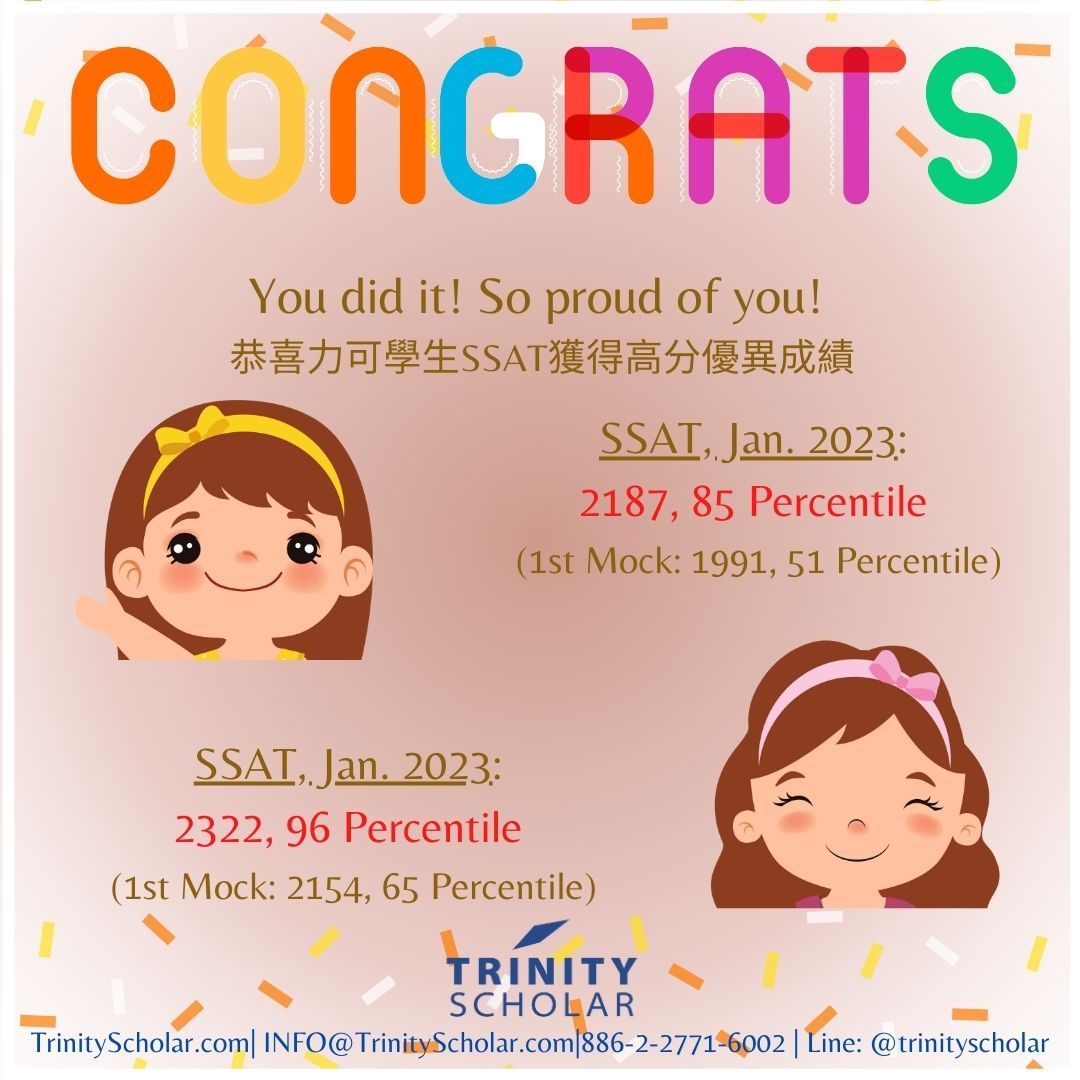一直以來,多數相關研究主張打電玩會導致心理層面的問題;然而這項由NHI針對2000位9-10歲孩童所進行了解打電玩跟腦部發展關係的研究卻背道而馳,發現。
The researchers found that the children who reported playing video games for three or more hours per day were faster and more accurate on both cognitive tasks than those who never played. They also observed that the differences in cognitive function observed between the two groups was accompanied by differences in brain activity. Functional MRI brain imaging analyses found that children who played video games for three or more hours per day showed higher brain activity in regions of the brain associated with attention and memory than did those who never played. At the same time, those children who played at least three hours of video games per day showed more brain activity in frontal brain regions that are associated with more cognitively demanding tasks and less brain activity in brain regions related to vision. The researchers think these patterns may stem from practicing tasks related to impulse control and memory while playing videogames, which can be cognitively demanding, and that these changes may lead to improved performance on related tasks. Furthermore, the comparatively low activity in visual areas among children who reported playing video games may reflect that this area of the brain may become more efficient at visual processing as a result of repeated practice through video games. While prior studies have reported associations between video gaming and increases in depression, violence, and aggressive behavior, this study did not find that to be the case. Though children who reported playing video games for three or more hours per day did tend to report higher mental health and behavioral issues compared to children who played no video games, the researchers found that this association was not statistically significant, meaning that the authors could not rule out whether this trend reflected a true association or chance. They note that this will be an important measure to continue to track and understand as the children mature. Further, the researchers stress that this cross-sectional study does not allow for cause-and-effect analyses, and that it could be that children who are good at these types of cognitive tasks may choose to play video games. The authors also emphasize that their findings do not mean that children should spend unlimited time on their computers, mobile phones, or TVs, and that the outcomes likely depend largely on the specific activities children engage in. For instance, they hypothesize that the specific genre of video games, such as action-adventure, puzzle solving, sports, or shooting games, may have different effects for neurocognitive development, and this level of specificity on the type of video game played was not assessed by the study.
0 Comments
Leave a Reply. |
Archives
June 2023
Categories
All
|
Our services |
Contact UsPhone: +886 2-2771-6002
Email: [email protected] Line: @LighthouseCamps Online Inquiry Form 線上諮詢表 Business Hours: 09:00 - 18:00, except National Holidays |
About Us |
© COPYRIGHT 2024. ALL RIGHTS RESERVED.


 RSS Feed
RSS Feed